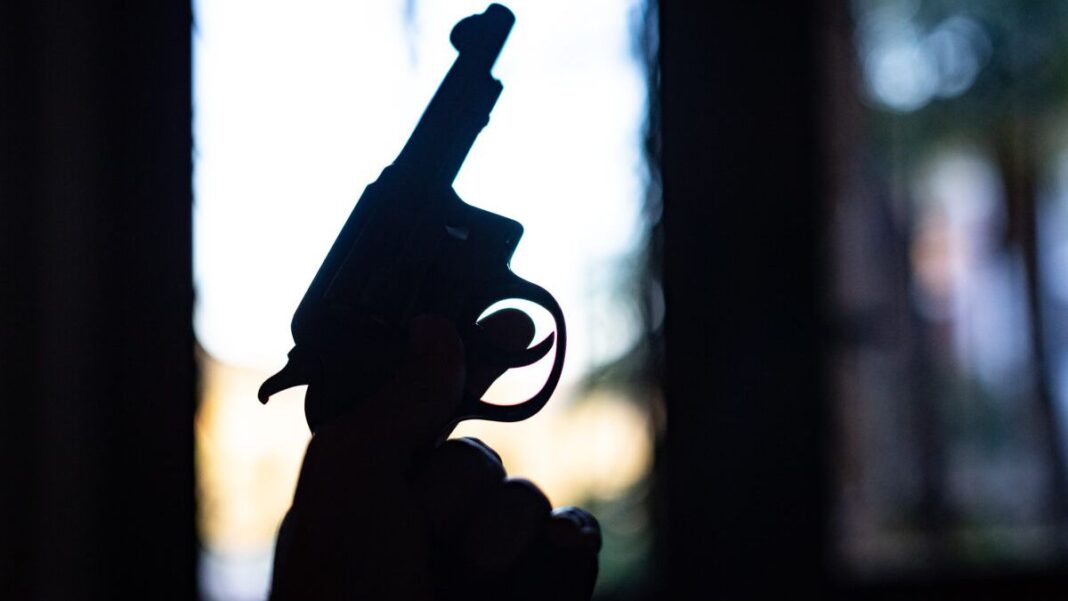A New York law that placed barriers on carrying guns on private property has been blocked by a judge who says it violates the U.S. Constitution’s Second Amendment.
U.S. District Judge John Sinatra agreed to enter a preliminary injunction against a portion of the law that opened a person up to a felony charge if they carry a gun on private property unless the property owner has posted “clear and conspicuous signage” permitting firearms on the property, or has otherwise given “express consent” to do so.
The history of gun laws shows that the private property provision “violates the right of individuals to keep and bear arms for self-defense outside of their homes,” Sinatra, a Trump appointee, said in a 27-page ruling on Nov. 22.
The U.S. Supreme Court held in a June ruling in a case brought against a different New York law—New York State Rifle and Pistol Association v. Bruen—that the Second Amendment protects a person’s right to carry a gun for self-defense outside of their home and struck down the law, which forced people to prove they needed a conceal carry license.
New York legislators soon after passed Senate Bill S510001, which Democrat New York Gov. Kathy Hochul signed into law. Among its provisions were the private property restriction and a ban on carrying guns at locations deemed “sensitive” such as churches and other houses of worship.
Under the Bruen standard, though, laws in the area are only permissible if the government proves that it’s consistent “with the Nation’s historical tradition of sufficiently analogous regulations,” Sinatra noted.
New York lawyers claimed the private property exclusion complies, citing restrictions imposed in New York and elsewhere no later than 1893. But all “are of unknown or limited duration” and the state has not shown they endured over time, Sinatra said. Additionally, the small number of restrictions does not prove a tradition, he said.






